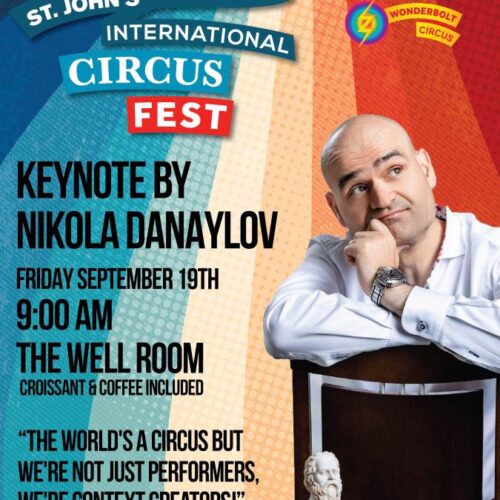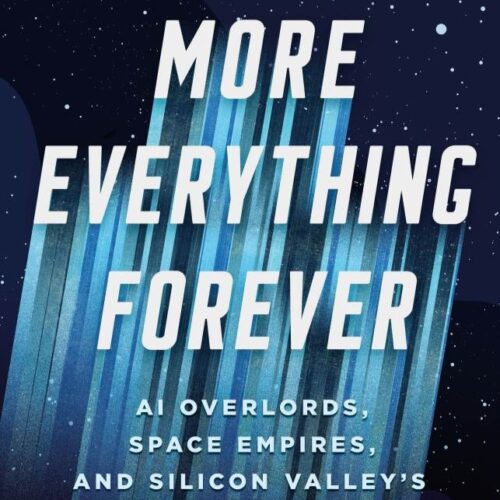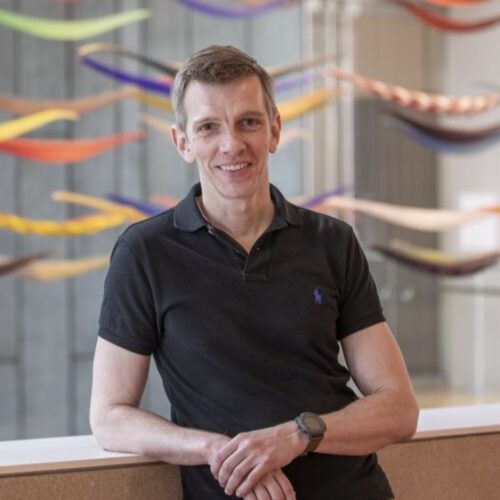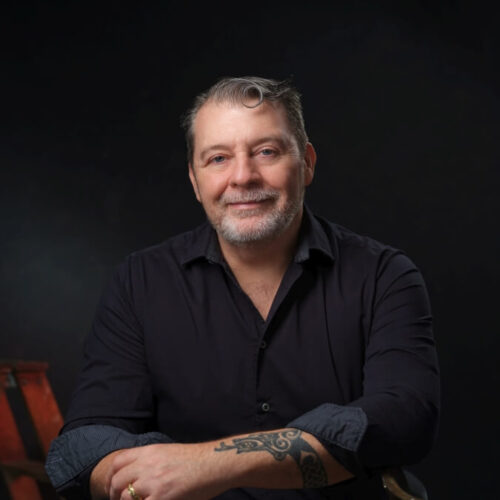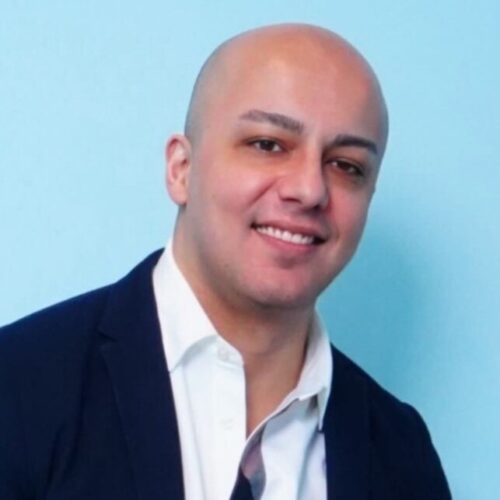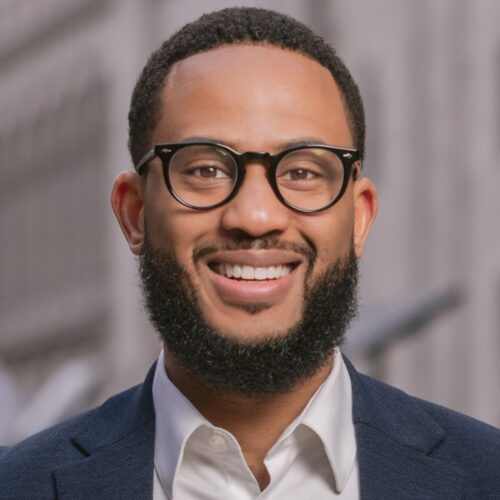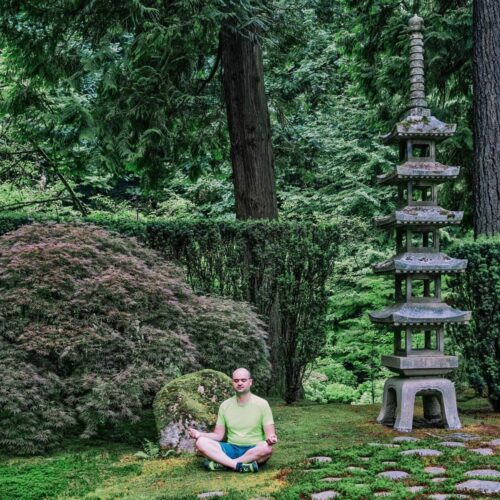Stuart Armstrong: The future is going to be wonderful [If we don’t get whacked by the existential risks]
Socrates / Podcasts
Posted on: May 27, 2014 / Last Modified: May 8, 2022
Podcast: Play in new window | Download | Embed
Subscribe: RSS
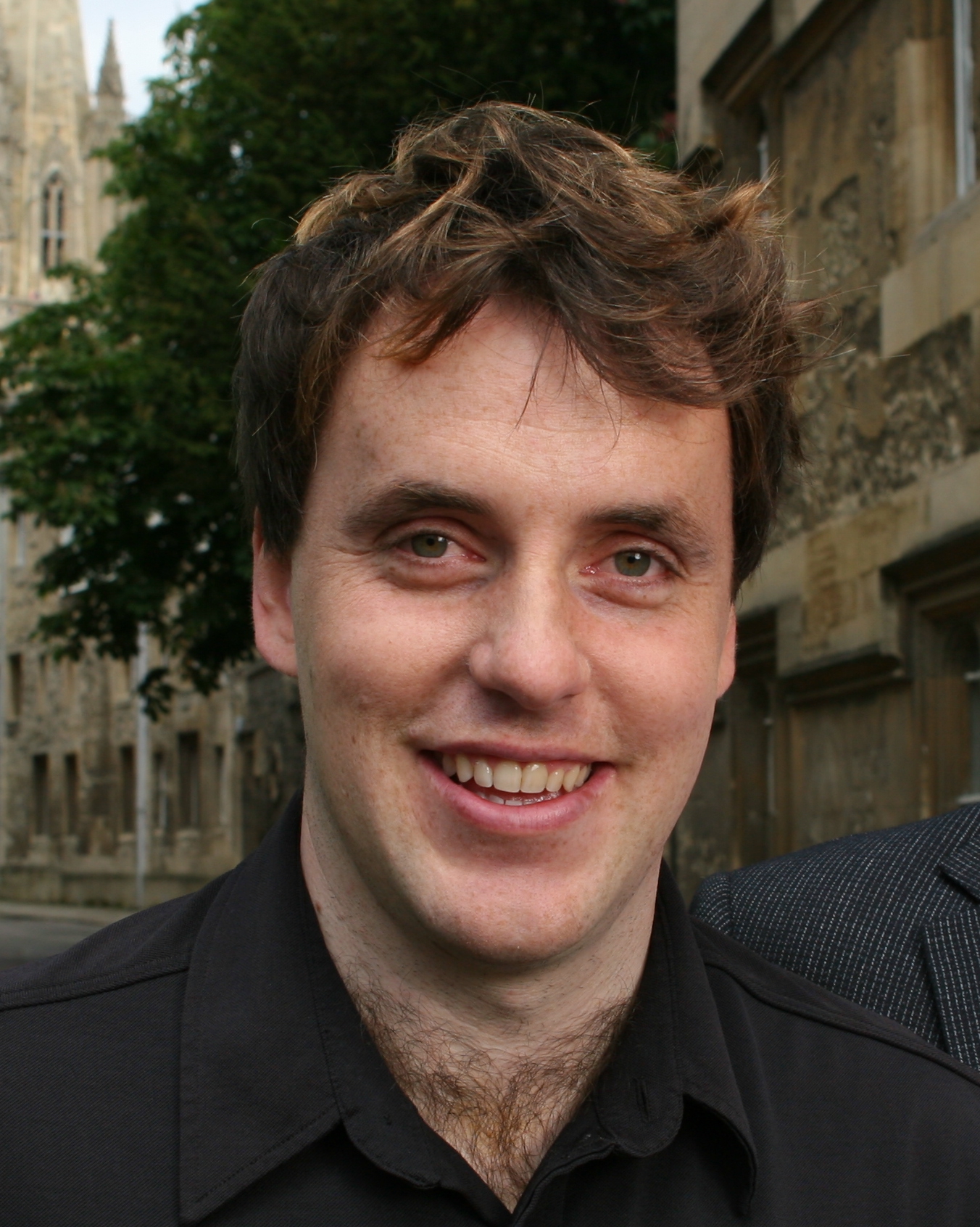 Stuart Armstrong is a James Martin research fellow at the Future of Humanity Institute at Oxford where he looks at issues such as existential risks in general and Artificial Intelligence in particular. Stuart is also the author of Smarter Than Us: The Rise of Machine Intelligence and, after participating in a fun futurist panel discussion with him – Terminator or Transcendence, I knew it is time to interview Armstrong on my podcast.
Stuart Armstrong is a James Martin research fellow at the Future of Humanity Institute at Oxford where he looks at issues such as existential risks in general and Artificial Intelligence in particular. Stuart is also the author of Smarter Than Us: The Rise of Machine Intelligence and, after participating in a fun futurist panel discussion with him – Terminator or Transcendence, I knew it is time to interview Armstrong on my podcast.
During our conversation with Stuart we cover issues such as his transition from hard science into futurism; the major existential risks to our civilization; the mandate of the Future of Humanity Institute; how can we know if AI is safe and what are the best approaches towards it; why experts are all over the map; humanity’s chances of survival…
My favorite quote from this interview with Stuart Armstrong is:
If we don’t get whacked by the existential risks, the future is probably going to be wonderful.
As always you can listen to or download the audio file above or scroll down and watch the video interview in full. To show your support you can write a review on iTunes, make a direct donation, or become a patron on Patreon.
Who is Stuart Armstrong?
Stuart Armstrong was born in St Jerome, Quebec, Canada in 1979. His research at the Future of Humanity Institute centers on formal decision theory, the risks and possibilities of Artificial Intelligence, the long-term potential for intelligent life, and anthropic (self-locating) probability. Stuart is particularly interested in finding decision processes that give the “correct” answer under anthropic ignorance and ignorance of one’s own utility function, mapping humanity’s partially defined values onto an artificial entity, and the interaction between various existential risks. He aims to improve the understanding of the different types and natures of uncertainties surrounding human progress in the mid-to-far future.
Armstrong’s Oxford D.Phil was in parabolic geometry, calculating the holonomy of projective and conformal Cartan geometries. He later transitioned into computational biochemistry, designing several new ways to rapidly compare putative bioactive molecules for the virtual screening of medicinal compounds.


